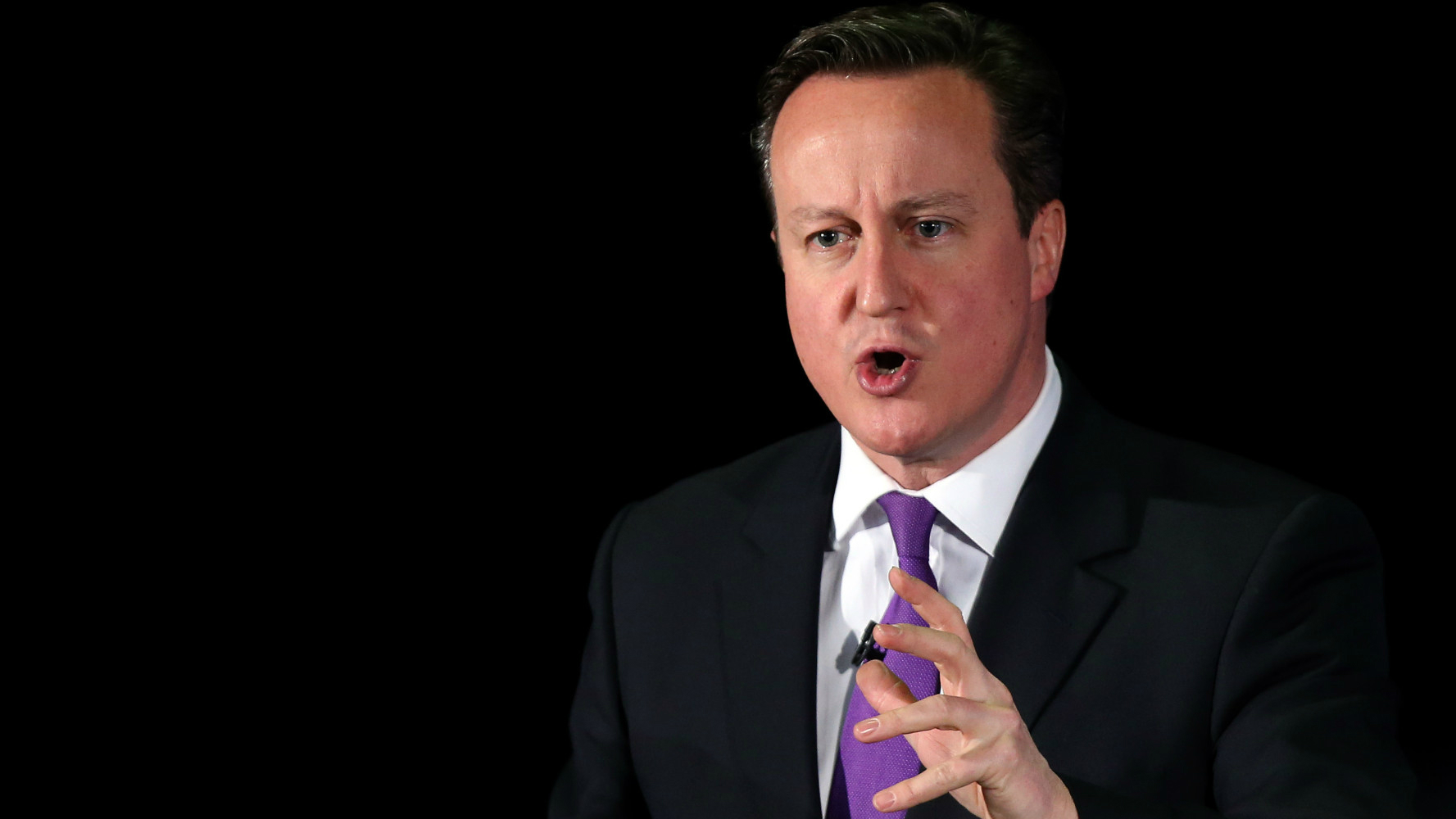David Cameron wants to snoop on all our messages
New law would see WhatsApp, Snapchat and iMessage banned


David Cameron wants to pass a new law that would prevent people from sending encrypted messages in the UK. If enforced, it would see popular messaging services including WhatsApp, Snapchat and iMessage banned.
The Prime Minister is trying to get rid of terrorism, and believes this is best the way to do it. We, err, think otherwise.
The Investigatory Powers Bill, also known as the 'Snooper's Charter', aims to provide complete transparency in digital communication. It would allow the government to ban instant messaging apps – like WhatsApp, Snapchat and iMessage - if they refuse to remove end-to-end encryption.
On top of that, the law would also require technology companies to keep records of all customers' activities, including web searches, messages, pictures and videos. If passed, the government and its agencies would have access to this information upon request.
“In our country, do we want to allow a means of communication between people which we cannot read?” said Cameron earlier this year. "My answer to that question is: 'No, we must not'.
“But the question we must ask ourselves is whether, as technology develops, we are content to leave a safe space – a new means of communication – for terrorists to communicate with each other.”
It's certainly a frightening concept, and we're not the only ones that are worried. The law caused an outcry on social media,with reactions ranging from anger to disbelief that the Government would be able to take on and beat companies like Apple, Google and Facebook.
Get all the latest news, reviews, deals and buying guides on gorgeous tech, home and active products from the T3 experts
Former Deputy PM Nick Clegg has even spoken out, saying, “We have every right to invade the privacy of terrorists and those we think want to do us harm, but we should not equate that with invading the privacy of every single person in the UK. They are not the same thing.”
Home Secretary Theresa May reportedly plans to push the bill forward as quickly as possible, putting it in front of the Government by the autumn.
Nathan George is a freelance journalist who has contributed to T3.com in the fields of gaming, social media, streaming services, autonomous vehicles, phones, virtual reality headsets, wireless speakers and future tech. He studied journalism at the University of the West of England and is a holder of the Bronze and Silver The Duke of Edinburgh Award.
